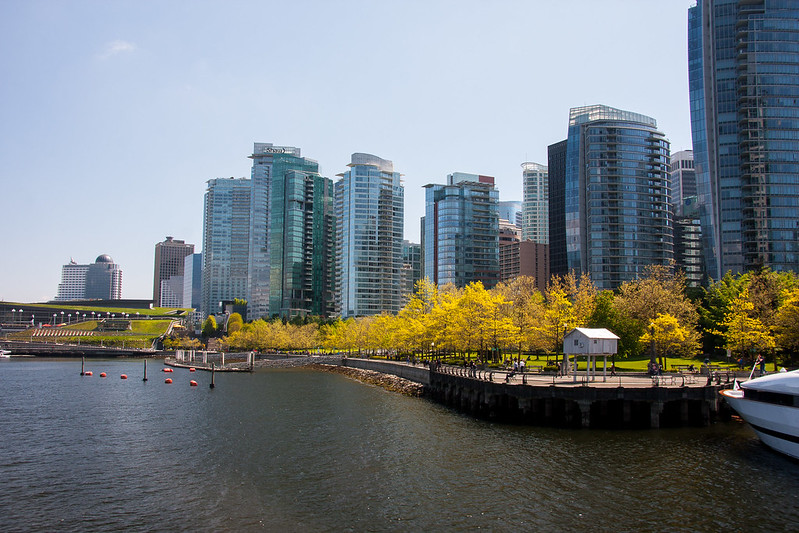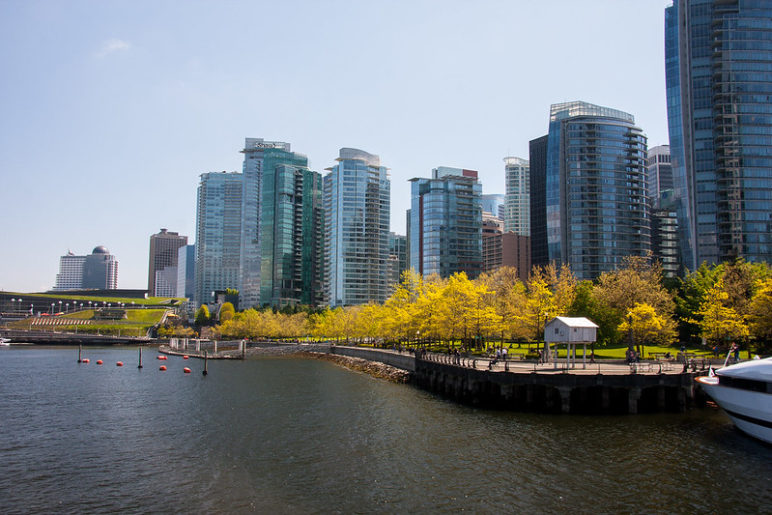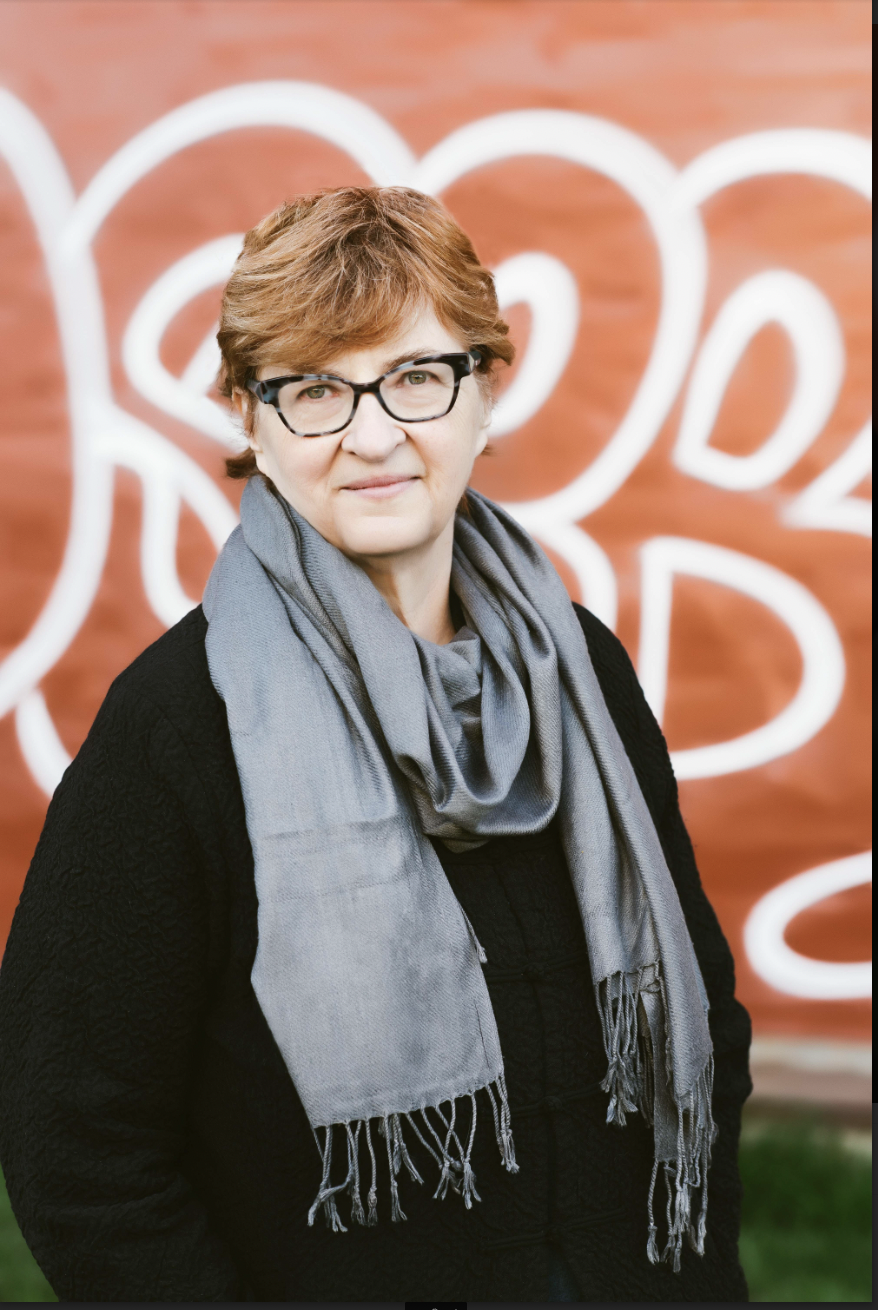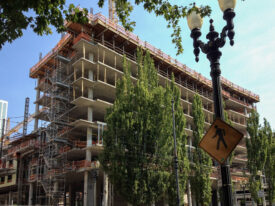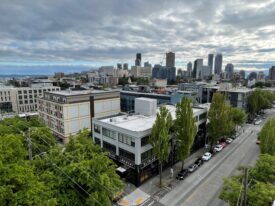The recent elections in and around Vancouver, British Columbia, created a stir among pro-housing advocates. In one of North America’s most expensive cities to rent or buy a home, numerous parties campaigned on statements that even just a few years ago pundits would have considered a third rail. They promised to address the region’s housing shortage by ending the ban on apartments citywide—including the leafy single-detached-house neighborhoods long kept off-limits to additional housing.
While ultimately these more stridently pro-housing parties didn’t win the majority of residents’ support, they did shift the regional conversation. Indeed, the party that won both a majority on city council and the mayor’s seat, the centre-right ABC Vancouver party, vowed to deliver on recently approved plans to build thousands more homes in selected parts of the city and to ease approval processes for new proposals. What’s more, a party that claimed there had been too much development in recent years failed to win much of Vancouverites’ support at all.
TEAM’s tough time
The party TEAM for a Livable Vancouver was most vocal in its position that the city had gone too far in terms of welcoming new people and construction, its bounty of yard signs especially conspicuous in front of west-side single-detached homes. A TEAM win could have signaled broader resistance to the abundant housing agenda.
But the TEAM vote never matched the TEAM publicity. Instead, its mayoral candidate, first-term councillor Colleen Hardwick, won only about 10 percent of the vote. The rest went to parties and candidates that espoused pro-housing platforms ranging from extremely strong to mildly strong on both the left and right.
Pro-housing parties’ progress
Left-leaning OneCity Vancouver promised to allow everything from duplexes to small apartment buildings everywhere throughout the 60 percent of the city that is now reserved for only the most expensive form of housing, single-detached houses.
Highly centrist Progress Vancouver, said much the same, but added a new detail. It would push for denser housing around city schools that have been emptying out, and along transit lines.
Former mayor Kennedy Stewart, seen by most as left-wing, and his Forward Together party promised to get city approvals for 220,000 new homes in the next decade. He also continued to pitch his idea of allowing up to six homes on any residential lot in Vancouver.
The very right-wing Non-Partisan Association party, which might have chosen to appeal to the same disaffected single-detached home owners as TEAM, instead opted for a message that the city desperately needs more housing everywhere in the city. The party failed to win any seats.
Overall, candidates from the more left and progressive parties—OneCity, Forward Together, and Vision Vancouver—did not win broad support from voters. But area leaders watching the election assert that the housing discourse shifted importantly this year.
“The political consensus on housing policy in the election is that it generally was shifting to an aggressive build-out of new houses,” said Khelsilem, the current chair of the Squamish Nation council, one of three Indigenous groups in the region who have become major housing builders in Vancouver. “There were different scales and approaches, but they were different ways of achieving the same outcome.”
He said the public seems to have agreed that demand-side policies—mechanisms aimed at speculators or investors, like speculation taxes and empty-homes taxes—are not succeeding in making housing more affordable in Vancouver or in Canada more generally. He added, “Governments that have tried to use just demand-side tools haven’t achieved anything.”
That opinion was widely shared by market-rate and nonprofit housing developers alike, as well as housing researchers.
“There’s a consensus among the voting public that we have a housing crisis, and the general consensus was to back the party that can get construction done,” said Hani Lammam, vice president of Cressey Development, a major rental construction company.
“It was really the first time during a municipal election where we had a majority of parties committed to taking a real look at single-family housing and ending the apartment ban.” –Jill Atkey, CEO of BC Non Profit Housing Association

Jill Atkey, CEO of the BC Non Profit Housing Association, was optimistic, noting, “It was really the first time during a municipal election where we had a majority of parties committed to taking a real look at single-family housing and ending the apartment ban. On the affordable side, every party made pretty serious commitments to affordable housing.”
Mark Marissen, the mayoral candidate for Progress Vancouver, the most YIMBY of the political parties, summed up the shift: “There was a huge difference in the rhetoric from 2018 to now. In 2018, duplexes were controversial.”
Suburbs made small pro-housing shifts
Voters in Vancouver’s surrounding suburban cities, though they also suffer under an acute housing shortage and resulting high costs, largely stayed their existing course in terms of elected officials. Still, there were some interesting moves towards pro-housing candidates.
The City of Langley, in the heart of the suburban Fraser Valley east of Vancouver, elected 39-year-old pro-housing urbanist Nathan Pachal as mayor, while Port Moody voters swung from an anti-development mayor to a decidedly more pro-housing mayor in Meghan Lahti.
North Vancouver, which rejected a number of proposed non-market and market housing projects in the last four years, stuck with current mayor Mike Little, though notably a younger, more pro-housing candidate, Mathew Bond, came within a few hundred votes of defeating him.
And in Delta, a classic commuter suburb, a team headed by current mayor George Harvie and including 34-year-old councillor Dylan Kruger, won on a strong pro-housing platform.
Understanding ABC Vancouver’s win
Though housing issues repeatedly register in polls as a top concern for Vancouver voters, many observers noted that the city’s election ended up centering on other matters. Voters expressed anxiety that public order in the city was fraying, citing crime, homelessness, open drug use, and litter. As a result, they opted for a considerable leadership change, rejecting Forward Together Mayor Kennedy Stewart and other members of his party in overwhelming favor of center-right ABC Vancouver.
“I don’t think the election was about housing except for TEAM,” said University of British Columbia business professor Tsur Somerville. “Most people were not plugged into the differences in housing policy among the non-TEAM parties.”
ABC, which now has an unassailable majority on council, along with the city’s first-ever Chinese-Canadian mayor, Ken Sim, promised to stick with the city’s bold new plans to add tens of thousands of homes along the city’s busy Broadway corridor, as well as tens of thousands more in neighborhoods throughout the city, in accordance with the recently approved Vancouver Plan. It also promised to take immediate action on speeding up Vancouver’s notoriously sluggish development-approval process.
Unfortunately, Somerville and others said that the ABC Vancouver party seemed to be espousing little more than a continuation of what has been the city’s housing policy for three decades: put all the new development in former industrial land, along traffic corridors, or in the areas already zoned for apartments.
But that “Vancouver consensus,” which for decades helped city councillors avoid conflict with single-family homeowners, has been a failure on equity in two ways: less wealthy residents are confined to unhealthy, emissions-heavy main streets, and older, relatively affordable low-rise apartment buildings get demolished to make way for taller towers.
ABC’s emphasis on speeding up permitting could end up being regressive, said Marissen, because it will entrench that same approach: “Speeding up permitting for existing zoning, that freezes in the existing zoning faster.”
ABC’s Vancouver Plan opportunities
Somerville, Atkey, and others are holding out to see just how pro-housing new mayor Ken Sim’s team will be, especially in acting on the Vancouver Plan, and various smaller initiatives.
“The Vancouver Plan is kind of revolutionary,” said Somerville. “It is extending density in a widespread way. The test is what actually gets done.”
Marissen said the key for the new ABC council will be whether they open up new areas to more intense housing construction. “It depends on how much Ken Sim views this as a business thing or as a community thing. Developers just want to build big things. But if we lift the apartment ban, we also lower the amount of displacement.” Marissen added that’s not just good for developers, but good for the community.
The Vancouver Plan, passed in the last months of the previous council, envisions adding 260,000 new homes in the next 30 years by rezoning areas around current neighborhood high streets to create clusters of mid-rise and high-rise apartments. It also rezones every detached-house residential lot in the city to allow for multi-plexes and adds more housing along every transit line.
Another possibility open to the new council is acting on proposals made by some of its incumbent councillors. One of them, Lisa Dominato, proposed two years ago that staff explore experimental new options for housing in the city’s single-detached-house zones. Sim’s chief of staff, Kareem Allam, said the council needs to move on all fronts. Dominato’s proposal, for one, is “something we are going to be looking at,” he said.
Allam added that the new council will also commit funding to ensuring the Vancouver Plan, which currently lacks much detail, evolves into an official community plan that opens the door for new housing types.
Optimism for ABC’s all-hands approach
Even if the ABC council doesn’t rush into any immediate upzoning, many feel the party’s new approach will ease some of the city’s housing problems, especially under the leadership of Sim, a businessman who has run an on-call nursing care business and a bagel chain.
“What we can hope for is a more entrepreneurial approach, maybe in favoring more enterprising approaches than the rule-based system there is now,” said Kira Gerwing, a city planner with a long background in nonprofit housing, now working on affordable housing with Sacha Investments Ltd.
Gerwing said the new party seems to have a more nuanced view of how to develop new housing than the previous mayor. “He bought into the idea that any supply is good supply,” she said. ABC, in its 30-page platform, had lengthy sections on social, supportive, non-market, and co-op housing.
Gerwing was also less concerned about whether the whole city eventually gets rezoned for multiple types of housing than about immediate efforts to get proposed homes built now. That’s a challenge in the current environment, where at least 90 major housing projects in Metro Vancouver are stalled because of developers’ concerns about rising interest rates and construction costs.
“Trying to boil the ocean doesn’t feel like the right next move to me.”
She thought that Sim might have a better understanding of housing needs because of the kinds of businesses he has run. “His nurses and his bagel bakers are the workforce in Vancouver.”
What everyone is waiting for now is to see how this new council will walk the line between a still- significant chunk of Vancouver detached-house-owning voters who want the least change possible and the constant drumbeat to create a lot of new housing options for current residents and new arrivals.
One path for the mayor and council is a continuation of the historic pattern; that is, leaving the expansive detached-house neighborhoods in Vancouver’s west side and southeast quadrant relatively free of change. But as voters expressed, the problem is too great to ignore, even to appease that vocal and valuable constituency. And Mr. Allam insists that the new party is ready to push hard on all fronts—including creating dense clusters of housing in neighbourhoods throughout the city—to fundamentally change how Vancouver does housing.

